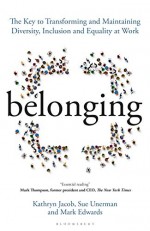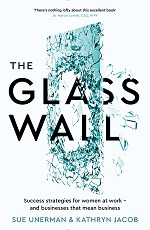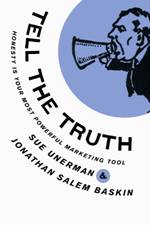Google are famous for the intensity and rigour of their recruitment process. It’s not easy to get a job there, and those who have done so are rightly proud of their Google-hood.
With their reputation for use of data, you would expect there to be science behind how this process works. Well, there is. Google have acknowledged that their fiendishly difficult interview questions are no predictor of the success of the candidate. Laszlo Bock, senior vice president of people operations at Google, said in an interview in the NY Times that “we did a study to determine whether anyone at Google is particularly good at hiring. We looked at tens of thousands of interviews, and everyone who had done the interviews and what they scored the candidate, and how that person ultimately performed in their job. We found zero relationship”.
Not very encouraging this is it? Is the truth that a job interview merely determines how good a candidate is at job interviews? In which case you might as well have some fun with the questions.
How lucky are you and why?
What is your least favourite thing about humanity ?
How does the internet work ?
If you were a box of cereal which one would you be ?
These are all job interview questions, listed in Fast Company Magazine, as part of Glassdoor’s “Oddball” job interview questions.
Asking unusual questions can help you assess a candidate as the predictable questions are too easily scripted. The classic example being the stock answer to “What’s your greatest fault?” Standard answer either : “my hatred of getting anything wrong” or “I work too hard”. Both answers might get you points for claimed diligence. But neither gets you many points for creativity or inventiveness.
It’s not a technique for hiring an unknown candidate but the best technique I’ve heard about for determining which candidate to promote and how soon relies on no questions at all. I’m told that one of the large multinational city firms determines a manager’s promotion by what happens when they’re away on holiday. If the team copes without them, without constantly being in touch, then that person gets promoted.
The best interviewer I know maintains that silence is the best tactic in interviews. Ask anything, then shut up. It’s not what the candidate says first that’s revealing. It’s what they say when you don’t speak.
If I were a box of cereal I’d be oats: authentic, unadulterated and keep going till lunch.






Many ways to win
Thursday, January 30th, 2014The tactics in this Olympic cycle sprint were pointed out to me by Rory Sutherland. Here the job is to keep your powder dry until the last stretch. It is astonishing to watch as the commentator points out the fastest cycle event in the world is “as much a staring contest as a bike race”.
In both cases there’s an element of screwing with the competition rather than giving it your all to get on top. Ainslie said during the weekend’s interview that as Scheidt had been unbeaten, that everyone thought that he was unbeatable. He didn’t break the rules of the race. Some people thought that he broke the spirit of the competition. Did the ends justify the means ?
I’m not an athlete in any way shape or form. I have previously chronicled that the height of my sporting prowess was one term in the b team at netball at school. And I did come second in the egg and spoon race once. But I’ve participated in quite a lot of new business pitches since I joined the industry. Particularly since working with Stephen Allan, who I was delighted to see in the Sunday Times most influential list this weekend.
So how would blocking tactics work in a new business pitch? Well, you could put down the competitive agencies and talk about their weaknesses. This is risky on two fronts. First, in a pitch with strict time limits, you’re using up valuable time that you could spend either talking about the client’s brand or about your agency’s strengths. Second, it is a bold agency that ignores the old saying “people in glass houses”.
Could you slow everything down as in the cycling example? I have heard of pitches that have been delayed because one agency wasn’t prepared to lose resource working on existing clients to focus the talent on the new business front. The new business prospect client, impressed with this ethic, delayed the whole thing. In this case, perhaps the agency created an edge. It communicated what its culture was like and that it was prepared to sacrifice to protect it.
Posted in MediaComment | No Comments »